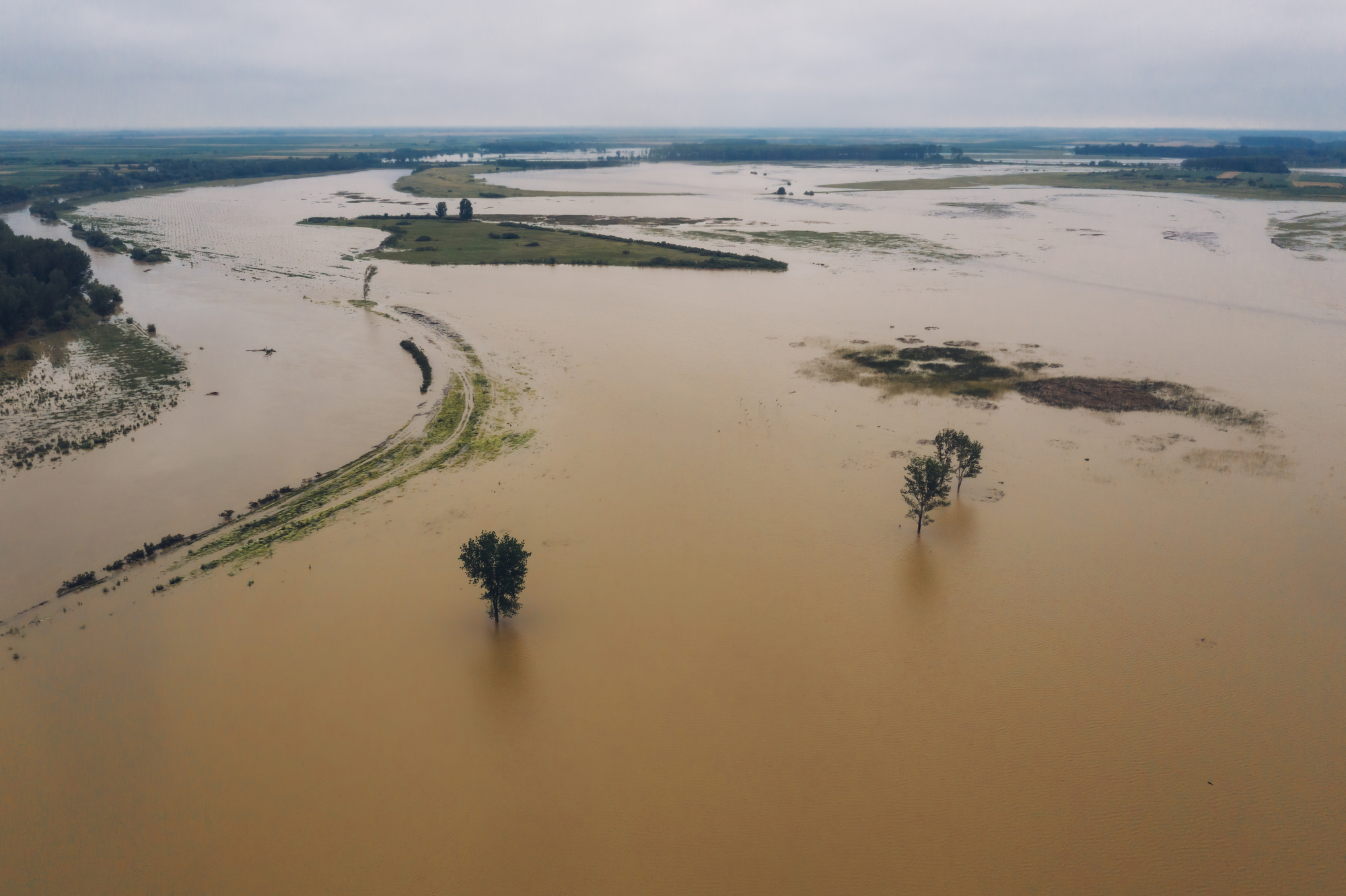When Moral Arguments Don’t Work

In 2019, the global issue of the climate emergency has taken center stage, with the School Strike for Climate movement, led by Swedish teen activist Greta Thunberg, mobilizing 4 million people on September 20 to strike in the largest climate demonstration in human history.
It is of course well understood, by scientists and by much of the public, that burning fossil fuels is trapping carbon (and other greenhouse gasses) in the atmosphere and causing the world to warm. Since pre-industrial times the world’s climate has warmed by an average of 1C, and on the current trend of greenhouse gas emissions, will warm more than 3C by the end of the century.
Though it is becoming harder for climate change deniers to evade the existential implications of inaction, globally, governments are still prevaricating and fossil fuel companies are doubling down.
The climate and ecological emergency is clearly a grave moral issue, yet for many of those within whose power it is to act, moral imperatives to do so are either unrecognized or unheeded. This raises the question of whether moral arguments on this issue are defunct, in terms of their power to move those within whose power action lies.
Right now Australia is a case in point; the country is in the grip of an unprecedented bushfire emergency.
More than 3 million hectares has burned just in the state of New South Wales (NSW) already this bushfire season; in excess of 20 percent of the national park area of the Blue Mountains, adjacent to Sydney, has been razed, and a ‘mega-fire’ that emergency crews say can not be extinguished continues to rage. The state capital, and Australia’s largest city, Sydney, has been blanketed in toxic bushfire smoke for several weeks, and the city’s already low water supply is in danger of being poisoned by toxic ash. Out of control fires are burning as well in the states of Queensland and Western Australia.
This horrifying start to the summer has sparked a national conversation about the reality of global heating for an already drought and bushfire prone country, and also about the exponential costs of government inaction. It has elicited pleas from large sections of the public, and from professional organizations representing front-line health and emergency services, for the government to own up to its moral responsibility – all of which appear to be falling on profoundly deaf ears.
Back in 2007 then Labor Prime Minister Kevin Rudd stated: “Climate change is the great moral challenge of our generation.”
Yet, here we are in 2019 with a Liberal-National government that is determined to continue subsidizing the coal industry and whose refusal to countenance climate action is scuppering hopes of an effective international agreement.
Just last week, as the country burned, the latest round of climate talks in Madrid ended in stalemate, and Australia was accused of cheating (by claiming ‘carryover credits’ to meet its Paris target) and of frustrating global efforts to secure meaningful action.
The moral argument for climate action is not registering at a political level here, and it is impossible to miss the fact that this failure is inversely proportional to the government’s support for Australia’s coal industry.
This week 22 medical groups have called on the Australian government to phase out fossil fuels, and close down the coal industry, due to what it is calling a major public health crisis. Dr. Kate Charlesworth, a fellow of the Royal Australasian College of Physicians, said: “To protect health, we need to shift rapidly away from fossil fuels and towards cleaner, healthier and safer forms of energy.”
At the same time the Emergency Leaders for Climate Action are calling for a national summit to address climate change, and are criticizing the government for its failure to address the climate emergency.
Yet Michael McCormack, Deputy and currently the Acting Prime Minister told a press conference, which was being held in the incident control centre for a state-wide bushfire emergency that “… We need more coal exports.”
Given that moral imperatives are traditionally thought to be some of the strongest motivations we have for action, why aren’t the moral arguments cutting through?
The obvious, though depressing, answer is that the rapacious demands of neoliberal capitalism have managed to drown out the principled stance of moral analysis.
There is a plethora of literature available on the relationship of capitalism, neoliberalism, overconsumption and climate change. One need read no further, for example, than Naomi Klein’s 2014 book ‘This Changes Everything’ to understand the mechanisms by which neoliberal capitalism has caused the climate crisis and has systematically frustrated efforts to combat it.
If climate change is the great moral challenge of our generation, it is rapidly becoming its great moral failure. But since moral language is not working it is perhaps time, for pragmatic reasons, to deploy another set of concepts.
One suggestion is to recalibrate our analysis from the ethical to the clinical by thinking of the problem as one of addiction. Caution is obviously needed here – we do not want to make the mistake of assuming diminished responsibility. The point is, rather, that the concept of addiction allows the compulsive, subconscious elements to be taken into account as part of our understanding of the degree of difficulty we face in solving this problem.
Addiction is a psychological and physical inability to stop consuming (a chemical, drug, activity, or substance), even though it is causing psychological and physical harm. A person with an addiction uses a substance, or engages in a behavior, for which the rewarding effects provide a compelling incentive to repeat the activity, despite detrimental consequences. Traditionally, at least in western thought, ethics is a rational activity but we seem to be facing a situation where the rational is struggling to break through the dark and self-destructive compulsions of the addiction.
The coal industry is killing us, and the degree of difficulty of interrupting deeply entrenched patterns of addiction reflects the degree of difficulty of interrupting the Australian government’s commitment to the coal industry. Of course the issue is vastly larger than just the coal industry as such, but the Australian government’s relationship to coal is emblematic of the entrenched patterns of consumption to which all of us in rich countries are similarly addicted.
As we try to free ourselves from the grip of what is now threatening our very existence, moral arguments may be less effective than existential ones, and thinking in clinical terms may possibly arm us with the practical understanding we need to appreciate the difficulty of the kind of work that has, now, to be done.




